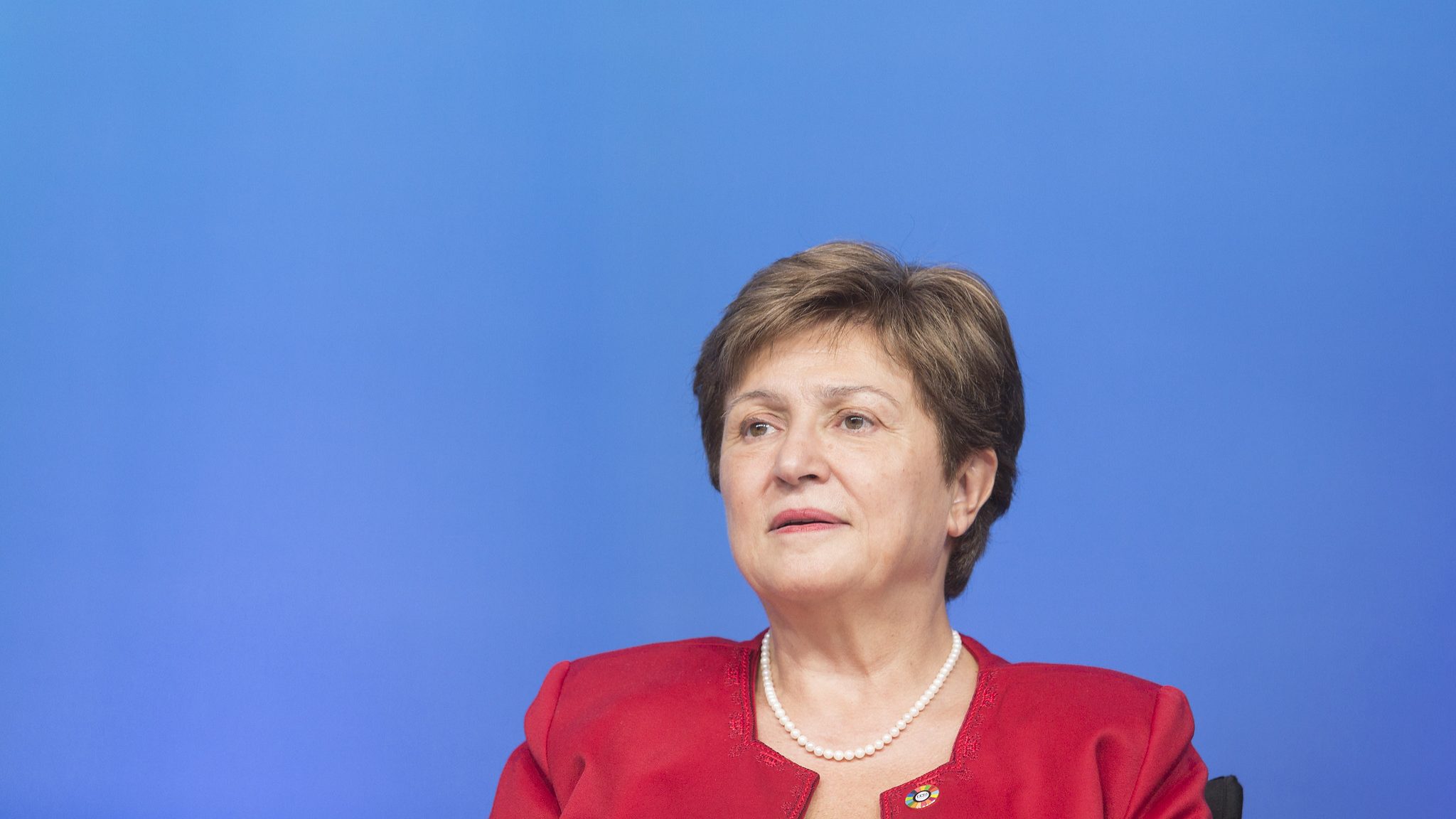IMF forecasts economy to grow 2.6%, inflation of 5.6% in 2023
On 11 April, in its update of world economic forecasts, the IMF had pointed to GDP growth of 1% for the Portuguese economy this year, predicting an inflation rate of 5.7%.
The International Monetary Fund (IMF) forecasts growth of the Portuguese economy of 2.6% this year and stabilisation at around 2% in the medium term, pointing to inflation of 5.6% in 2023.
In the report from the IMF Article IV mission to Portugal, published on Tuesday, the institution said that after growth of 6.7% of the Portuguese economy in 2022, “significantly higher” than the 3.5% of the euro zone, “real GDP [Gross Domestic Product] growth is expected to slow down the rest of the year to an average of 2.6% in 2023 and inflation to drop to 5.6%.
On 11 April, in its update of world economic forecasts, the IMF had pointed to GDP growth of 1% for the Portuguese economy this year, predicting an inflation rate of 5.7%. The government, meanwhile, forecasts growth of 1.8% in 2023.
“High inflation and tighter financial conditions are weakening the economy,” the IMF maintains, considering that “the higher cost of living should penalise domestic demand growth and lower global and eurozone growth should weaken export growth,” leading to “growth stabilising around 2% in the medium term.”
As energy prices retreat, the institution anticipates that inflation should continue to decline, but points out that underlying inflation – which excludes food and energy – “is likely to be more persistent due to labour market rigidities and high profit margins”.
In this context, the IMF recommends that fiscal policy this year should remain “non-expansionist, in order to preserve room for fiscal manoeuvre and support monetary policy”, but should at the same time be “flexible, in case shocks happen”.
Considering that the fall in energy prices “provided an opportunity to phase out more far-reaching measures and to target support to the most vulnerable households”, the institution argues that if growth “weakens considerably, automatic stabilisers should be fully implemented”, avoiding recourse to “additional fiscal measures”.
“Additional fiscal support should be reserved only for severe adverse scenarios and designed to be temporary, not price-distorting and well-targeted,” it argues.
Stressing that “the recent successive adverse shocks highlight the need to create fiscal space in good times and to increase fiscal resilience in the face of contingent risks”, the IMF points to “fiscal consolidation, combined with strong medium-term growth”, as “central elements for a sustained reduction of public debt and the simultaneous maintenance of public investment, even after the end of the Next Generation EU funds”.
Thus, the IMF mission recommends that the government focus on “measures to sustainably increase revenue performance and improve the composition and efficiency of expenditure”.
“Tax reforms should go towards removing distortions, reversing reduced VAT rates and rationalising tax expenditures. Modernising the tax system, including digitising tax administration, would improve tax efficiency. Higher property taxes would raise revenue and help ease house price pressures. Lower energy prices leave open the possibility of an increase in carbon taxes,” it said.
The IMF also advocates an “increase in the share of public investment – namely in the implementation of the Recovery and Resilience Plan – in current spending, reversing recent trends.
As “main priorities” it highlights the sustainability of pensions, containing the increase in the public sector wage bill, strengthening the financial situation and efficiency of the national health service (SNS), and further improvements in the targeting of social support.
“Structural fiscal reforms to improve public sector efficiency, governance and fiscal sustainability of public enterprises should continue. Full implementation of the 2015 budget framework law will strengthen the medium-term fiscal framework,” it adds.


